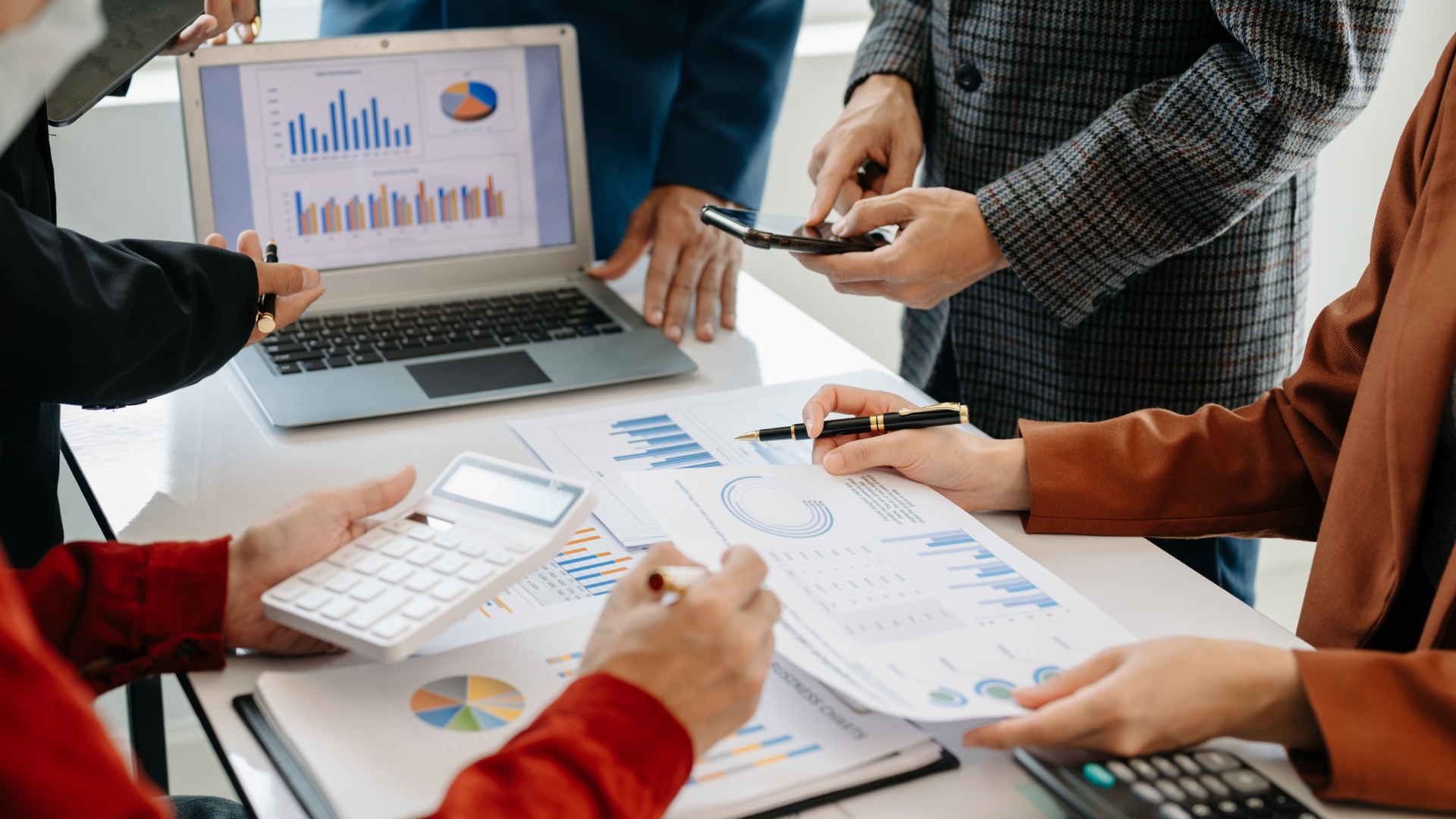
Trading is an exciting way to engage with the financial markets, whether it’s stocks, forex, cryptocurrencies, or other financial instruments. But before diving into the world of trading, one common question arises: How much money do you need to start trading? The answer varies based on several factors, including the type of trading, your goals, and the platform you're using. Let’s explore this question in detail.
Table of Contents
1. Understanding Your Trading Goals
The first step in determining how much money you need to start trading is understanding your personal financial goals. Are you trading as a hobby or aiming for long-term wealth creation? Your goals will influence the capital you need to begin with.
- Casual or Hobby Trading: If you’re just starting and trading for fun, you might only need a few hundred dollars. This amount allows you to experiment and learn without putting significant financial stress on yourself.
- Serious or Full-Time Trading: If you’re aiming to make a career out of trading or want to generate substantial returns, you might need a more considerable amount of capital, often thousands of dollars.
2. Choosing Your Trading Market
Different markets have different requirements when it comes to the capital needed to start trading.
- Stock Market: In the stock market, there is no set minimum to start trading, but brokers may have their own minimum deposit requirements, often ranging from $100 to $500 for beginners. However, to actively trade and diversify your portfolio, you may need $1,000 to $5,000, depending on your risk tolerance and trading strategy.
- Forex Trading: The foreign exchange (forex) market allows you to start with relatively low amounts of capital. Some brokers offer accounts with a minimum deposit of $50 to $100. However, to make meaningful profits, you’ll typically want at least $500 to $1,000, especially if you're planning on using leverage.
- Cryptocurrency: Cryptocurrencies like Bitcoin and Ethereum have made trading accessible to almost anyone. Many platforms allow you to start with as little as $10 to $100, making it easy for new traders to dive in. However, the volatility of the market means you should be cautious about how much money you invest.
- Commodities & Futures Trading: Trading commodities or futures often requires a higher starting capital. You may need $1,000 to $10,000 or more, depending on the broker and market. These markets also often require a larger margin to open positions.
3. Leverage and Margin Requirements
Many trading platforms allow you to use leverage, which means borrowing money to increase the size of your trade. Leverage can significantly lower the amount of money you need to trade, but it also increases risk.
- High Leverage: With high leverage (e.g., 100:1 in forex), you can start with a small amount of capital, but be cautious, as it amplifies both potential profits and losses.
- Margin Requirements: Most brokers require a margin deposit, which is a percentage of the total value of the trade. For example, a broker might require you to deposit 1% to 10% of the value of a futures contract.
4. Your Risk Management Strategy
Risk management is a key part of trading. If you’re just starting, it’s essential to trade only what you can afford to lose. Even experienced traders use stop-loss orders and position sizing to limit their losses.
As a general rule, never risk more than 2% of your total capital on a single trade. This means that if you have $1,000 to start with, you should risk no more than $20 per trade.
5. Broker Fees and Costs
Trading platforms charge different fees, which can vary by market. Here’s a breakdown of typical costs:
- Commissions: Some brokers charge a commission on each trade, while others offer commission-free trading.
- Spread Costs: The difference between the buying and selling price of an asset, which can add up over multiple trades.
- Account Fees: Some brokers charge monthly or annual fees to maintain your account.
- Withdrawal Fees: There may be charges when withdrawing funds from your trading account.
Be sure to understand the fee structure of your chosen broker before you begin trading, as high fees can eat into your profits.
6. Demo Accounts and Paper Trading
If you’re new to trading, most brokers offer demo accounts where you can practice with virtual money before risking real capital. Demo accounts are an excellent way to learn how to use trading platforms, test strategies, and familiarize yourself with market conditions without financial risk.
FAQ
- What is the minimum amount of money required to start trading?
It depends on the market, but generally, you can start with $100 to $500 for stock or forex trading. - Can I start trading with just $100?
Yes, you can, especially in markets like forex and cryptocurrencies, but profits will be limited. - What is leverage, and how does it affect my capital?
Leverage lets you control a larger position with a smaller amount, but it also increases both potential profits and risks. - Is it possible to trade with no money?
You need capital to trade, but demo accounts and no deposit bonuses offer ways to practice without real money. - Are there hidden costs when starting to trade?
Yes, you may face spread costs, commissions, and withdrawal fees, depending on the broker.
The amount of money needed to start trading depends on your trading goals, market choice, leverage, risk management strategy, and the broker you choose. While some markets like forex and cryptocurrencies offer entry with as little as $50 to $100, others like the stock market and commodities may require more substantial starting capital.
As a beginner, it’s wise to start with a small amount that you can afford to lose and focus on learning the basics. Always have a solid risk management strategy in place and be mindful of the fees associated with trading.
Whether you’re a casual trader or a serious investor, remember that successful trading requires discipline, strategy, and a long-term mindset.




